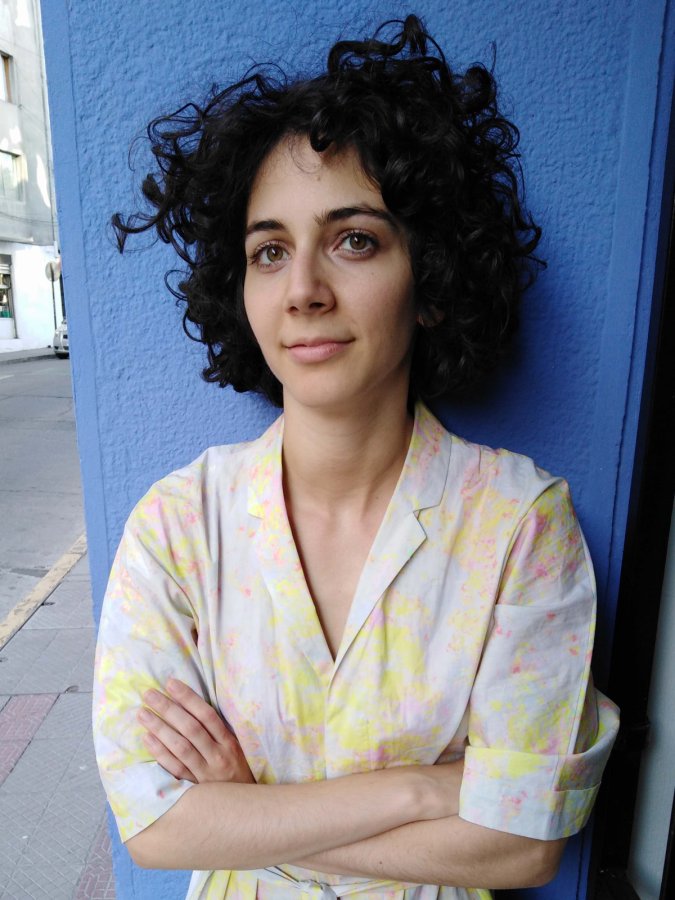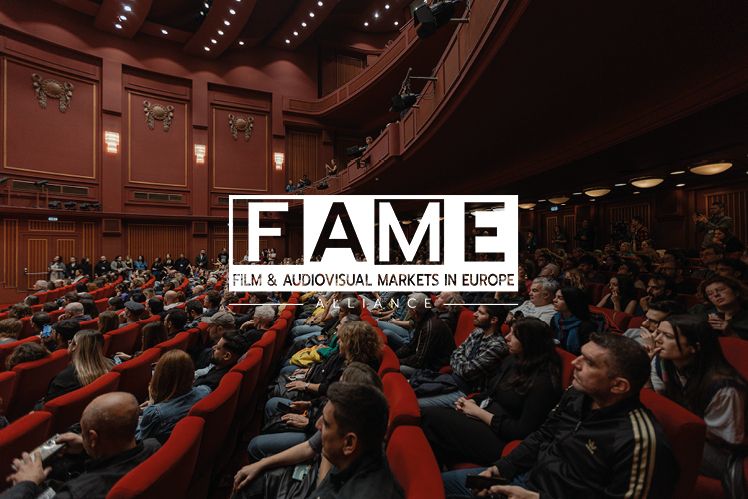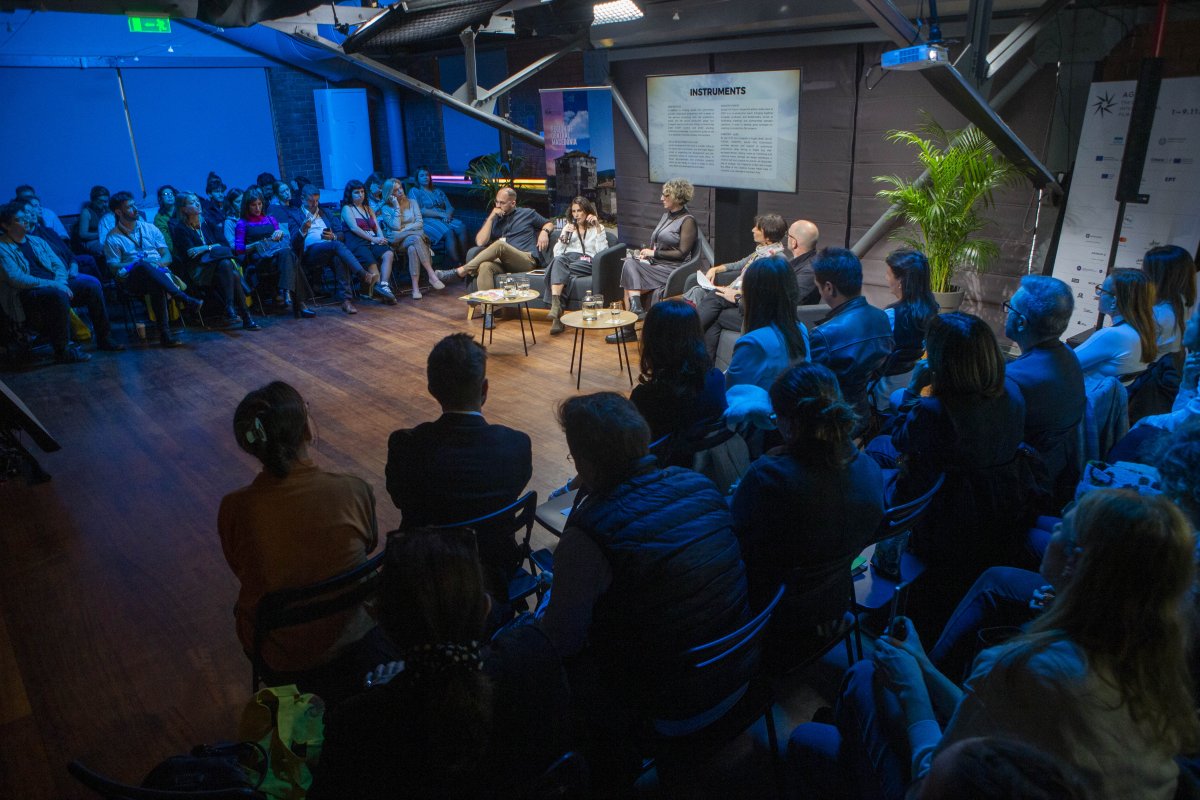57th THESSALONIKI INTERNATIONAL FILM FESTIVAL
November 3-13, 2016
AGORA/INDUSTRY TRAINING DAY AT THE 57TH TIFF
A useful guide for filmmakers
November 3-13, 2016
AGORA/INDUSTRY TRAINING DAY AT THE 57TH TIFF
A useful guide for filmmakers
Valuable practical advice and guidelines were provided to young film directors by leading cinema professionals in the Agora/Industry Training Day, which took place on Tuesday, November 8, 2016, at Warehouse C, co-organized by TIFF and CED Media Greece. How can you promote your project in the global cinema market? Which are the legal and financial issues you will face in the development and co-production of a film? These questions and many more were answered in Training Day.
In the first part on “how to promote your film in a film market”, the producer and CEO of the Initiative Film consulting company Isabelle Fauvel, and Nathan Fischer, founder of Stray Dogs Films, shared their experience. Some of the practical advice given were the following:
How many markets should I present my project in?
- Presenting your project in too many markets is not necessarily a good strategy, as it can “burn out” rather than trigger the proper discussion around it.
How can I get prepared before pitching?
- In an initial phase, the most important is for you to understand what kind of a team you are. There is nothing worse than a director and a producer speaking different languages.
What should I pay attention to during presentation?
- During pitching, you should not repeat what is written on the catalogue. Try to add something not included there, something that would have been difficult to record in a concise manner. Present your project from a different angle. Don’t make a linear presentation, but rather a dynamic one. Pitch without showing you are pitching. More important than the story itself is how it came up, the energy and the feeling that created it.
In the second part of Training Day, Graziella Bildesheim, representative of Maia Workshop company, talked about legal and financial issues that cinematographers have to pay attention to if interested in European co-productions, answering to practical questions:
What should I pay attention to, if I consider embarking on co-production
- Before embarking on co-production you must ask yourself: do you show trust, are you willing to assign responsibilities or do you want to have absolute control on everything? You already have a contact network or you are going to search for partners in festival catalogs? Co-production is a 2-3 years adventure, so you have to find partners who understand you, share your concerns and your priorities.
What is co-production and what is co-funding?
- Co-funding just involves someone else’s financial participation in the film’s production. The producer is the maker of the film, and the owner of the film’s material and rights, while the co-funder gets a share of the film’s profits.
- Co-production means that two or more legal entities (individuals or companies) collaborate in order to produce a film together. In co-production, all creative, artistic, financial and technical means are concentrated into a common “pool”.
In the third part of Training Day, a film case study was presented, namely of the film Tramontane by Vatche Boulghourjian (Lebanon-France-Qatar-UAE), which is screened this year in the section “Open Horizons” of the 57th Festival.
The film participated in the Crossroads co-production forum of the 55th TIFF, where it won the Arte International prize for project development. It also took part in Bienalle College-Cinema program, winning support and creative feedback during pre-production, while in 2013 the film’s producer Caroline Oliveira attended the Sundance Creative Lab for the project development. From Doha Film Institute it obtained the first subsidy for further development of the script, which was rewritten many times before taking its final form. In the Dubai Film Market, the filmmaker met Georges Schoucair of the Lebanese company Abbout Production and they decided to cooperate.
All sections of the 57th TIFF as well as the Agora/Industry are financed by the European Union - European Regional Development Fund under the ROP of Central Macedonia 2014-2020.
















